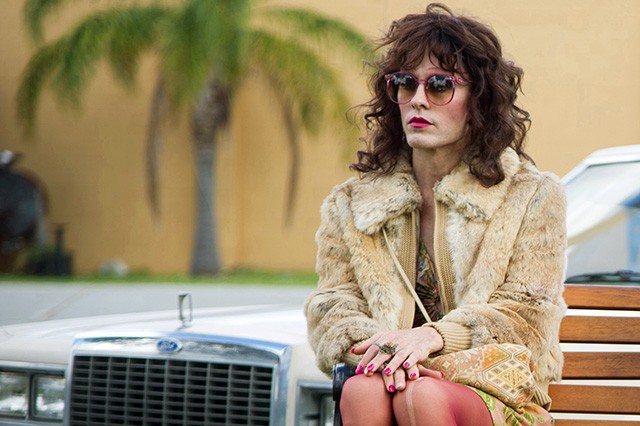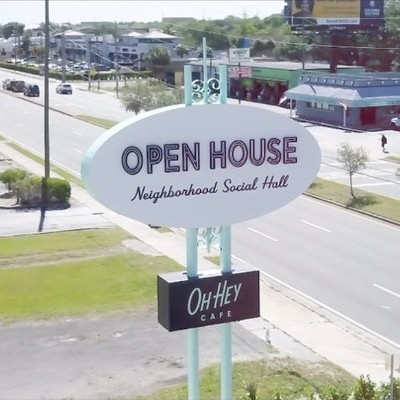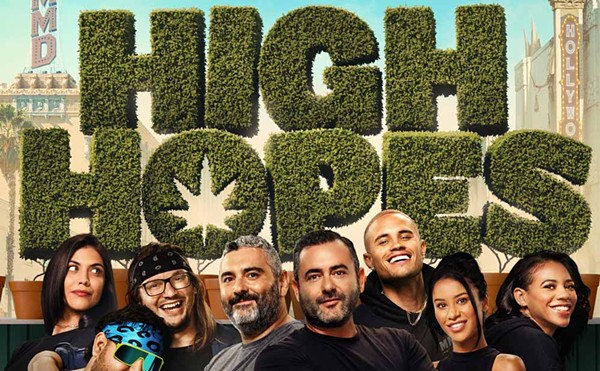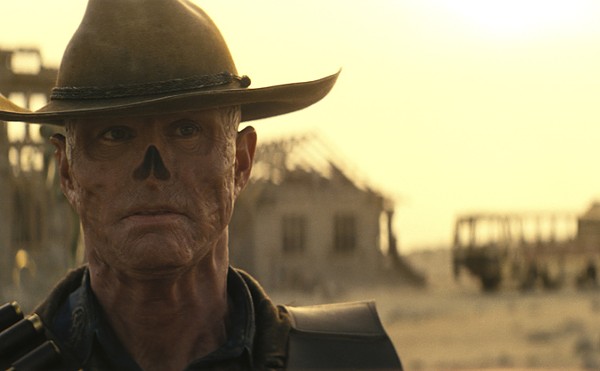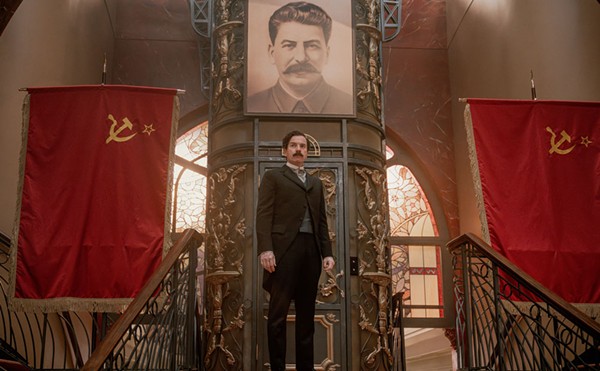Dallas Buyer's Club
★★★ (out of 5 stars)
Hollywood has a long tradition of advancing the notion that even the most flawed man can be transformed into a selfless crusader if exposed to just the right mix of personal tragedy and social injustice. Throw in a "based on a true story" slugline and that's all you need to prove the myth of the exceptional man.
This is why Schindler's List chronicled the horrors of the Holocaust through the eyes of an enlightened German and American History X confronted American racial violence through Edward Norton's reformed white supremacist. Movies like these deify their protagonists and convince audiences that inside every callous, self-centered prick is a noble altruist waiting for an opportunity to emerge. All it takes is a little girl in a red coat or an Aryan rapist in the prison shower. Worse, they suggest that these tainted moral warriors possess a unique ability to right the wrongs of society.
For the first two-thirds of Dallas Buyers Club, director Jean-Marc Vallée (Young Victoria) mostly sidesteps this kind of dramatic reductionism. When we first meet Ron Woodroof (a frighteningly gaunt Matthew McConaughey) he's backstage at a rodeo, snorting cocaine and screwing a pair of prostitutes. It's the 1980s, and though he's bone-thin and wracked with a horrible cough, it's inconceivable to this manliest of cowboys that he's contracted HIV. When a doctor informs him that he's got full-blown AIDS, with a T-cell count in the single digits and a life expectancy of 30 days, his response is exactly what you'd expect: "I ain't no faggot, motherfucker," Woodroof hisses at Dr. Saks (Jennifer Garner). "I don't even know no faggots."
With the handwriting on the wall, he gets educated about the disease and discovers that his prescribed treatment, AZT, offers little hope for survival. This leads Woodroof to Mexico, where he finds success with experimental treatments. Unfortunately, the drugs aren't approved in the U.S.. Smelling both personal salvation and a unique business opportunity, he starts smuggling AIDS drugs into Dallas.
But how does a casual bigot earn the trust of the local gay community? Enter Rayon (Jared Leto), a street-smart HIV-positive transgender junkie. Ron reluctantly takes her on as his business partner, unaware that the virus that threatens his life is also now reshaping his worldview. What begins as a cynical survival and business tactic gradually becomes the kind of personal crusade that attracts Hollywood adaptations. Add to the mix that Ron is forced to perform an end run around hostile FDA agents by creating a members-only subscription service for afflicted clients, and you've got the makings of an Oscar-nominated drama.
At first, Vallée keeps the sentimentalism at bay, opting for a raggedy, matter-of-fact portrait of his highly flawed and accidental crusaders. While the film's message of activism and tolerance is inevitable, it rarely compromises Woodroof's shrewd pragmatism for self-important posturing. Instead, it suggests that his acceptance of the LGBT community was born from daily interactions rather than some hackneyed life-changing epiphany.
But as the movie clumsily enters its homestretch, the temptation to turn rebellious Ron into a heartstring-tugging heterosexual hero of AIDS activism becomes too much for screenwriters Craig Borten and Melisa Wallack to resist. For all the subtlety and substance given to its two leads, Dallas Buyers Club makes the unfortunate mistake of casting the gay community as anonymous extras in their own struggle (much as Spielberg did to the Jews in Schindler's List). Other than Rayon, you'll be hard-pressed to identify another homosexual character. Only Vallée's deft direction and insistent focus on the resolve of its complicated outcasts keeps the thing grounded, reminding audiences that sometimes it's the desperate and despised who fight hardest to balance the scales of justice.

